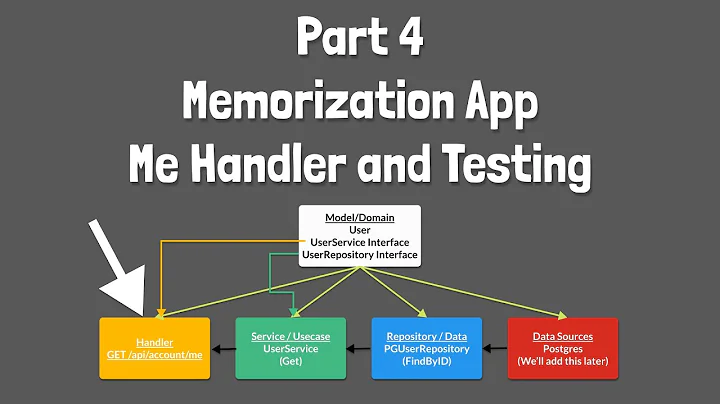Golang/gin parse JSON from gin.Context
You don't need to create a struct for all the fields present in the JSON response, only the fields you are interested in. Any other fields present in the response will be ignored when unmarshaling.
You can also unmarshal to a generic map[string]interface{} but this is only really useful for truly dynamic data. If you know the format of the response ahead of time you will nearly always be best to create a custom struct to get type safety and avoid continual nil checks when accessing the map. Additionally, a targeted struct avoids storing unnecessary values when JSON in unmarshalled.
You can use the JSON to Go tool to help quickly create a struct definition from a JSON response. You could then easily strip out all the fields you don't need.
Related videos on Youtube
Comments
-
 Lucas Liu almost 2 years
Lucas Liu almost 2 yearsI learned from the gin doc that you can bind json to a struct like
type Login struct { User string `form:"user" json:"user" binding:"required"` Password string `form:"password" json:"password" binding:"required"` } func main() { router := gin.Default() // Example for binding JSON ({"user": "manu", "password": "123"}) router.POST("/loginJSON", func(c *gin.Context) { var json Login if c.BindJSON(&json) == nil { if json.User == "manu" && json.Password == "123" { c.JSON(http.StatusOK, gin.H{"status": "you are logged in"}) } else { c.JSON(http.StatusUnauthorized, gin.H{"status": "unauthorized"}) } } }) }You always have to build a struct to bind JSON.
But if there is a very complex JSON data, I only what to get part of it, to create a complex struct is a big burden. Can avoid id and parse it directly?
-
 Lucas Liu over 6 yearsThank you for your suggestion! now I read josn data as a [ ] byte from gin.Context.Request.Body. And use jsonparser github.com/buger/jsonparser to parse (better than encoding/json). That is good enough for me now.
Lucas Liu over 6 yearsThank you for your suggestion! now I read josn data as a [ ] byte from gin.Context.Request.Body. And use jsonparser github.com/buger/jsonparser to parse (better than encoding/json). That is good enough for me now.






